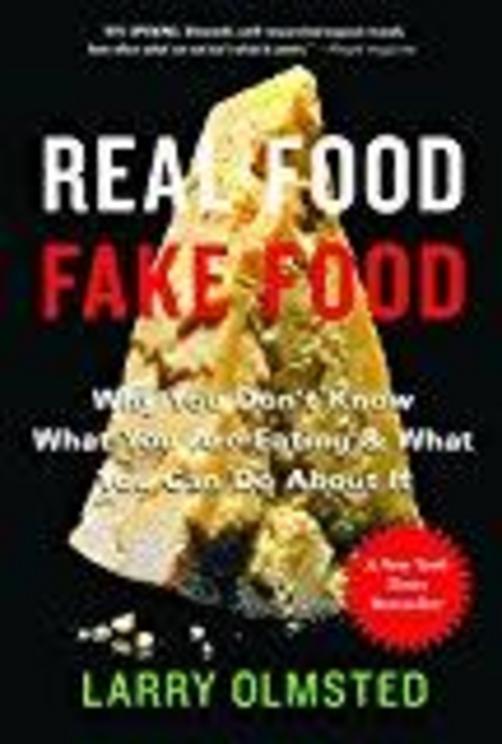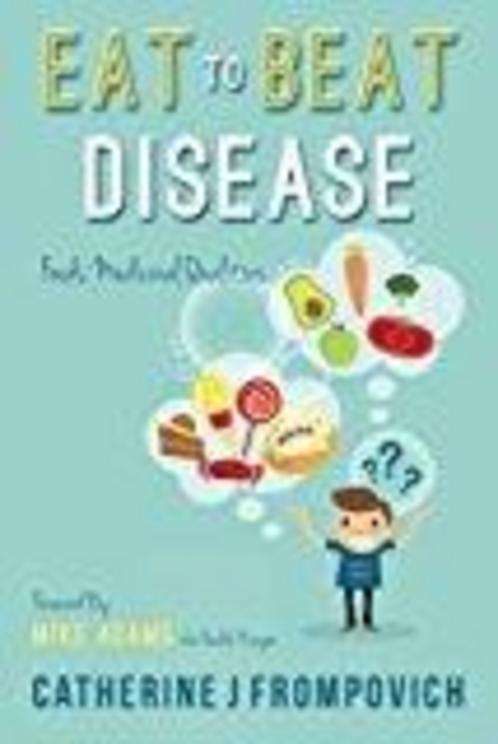How Big Food spins bad news
Documents obtained by U.S. Right to Know and other sources shine light on the inner workings of the International Food Information Council (IFIC), a trade group funded by large food and agrichemical companies, and its nonprofit “public education arm” the IFIC Foundation. The IFIC groups conduct research and training programs, produce marketing materials and coordinate other industry groups to communicate industry spin about food safety and nutrition. Messaging includes promoting and defending sugar, artificial sweeteners, food additives, pesticides and genetically engineered foods.
“Industry partner” in Monsanto’s attack on IARC cancer panel
As one example of how IFIC partners with corporations to promote agrichemical products and deflect cancer concerns, this internal Monsanto document identifies IFIC as an “industry partner” in Monsanto’s public relations plan to discredit the World Health Organization’s cancer research arm, the International Agency for Research on Cancer (IARC), to protect the reputation of Roundup weedkiller. In March 2015, IARC judged glyphosate, the key ingredient in Roundup, to be probably carcinogenic to humans.
SEE: Monsanto Relied On These “Partners” To Attack Top Cancer Scientists
The Monsanto PR document lists four tiers of industry partners to engage in its public relations efforts. IFIC is listed as a Tier 3 “industry partner” along with two other food-industry funded groups, the Grocery Manufacturers Association and the Center for Food Integrity.

How IFIC tries to communicate its message to women.
According to the document, these groups were part of a “Stakeholder Engagement team” that could alert food companies to Monsanto’s “inoculation strategy” to provide early education about glyphosate levels and “describe science-based studies versus agenda-driven hypothesis” of the independent cancer panel.
Blogs later posted on the IFIC websiteillustrate the group’s patronizing “don’t worry, trust us” messaging to women. Entries include, “8 crazy ways they’re trying to scare you about fruits and vegetables,” “Cutting through the clutter on glyphosate,” and “Before we freak out, let’s ask the experts … the real experts.”
Big budget food industry spin
IFIC spent $23,659,976 in the five-year period from 2012-2016, while the IFIC Foundation spent $5,639,289 from 2011-2015, according to tax forms filed with the IRS. Corporations and industry groups that support IFIC, according to public disclosures, include the American Beverage Association, American Meat Science Association, Archer Daniels Midland Company, Bayer CropScience, Cargill, Coca-Cola, Dannon, DowDuPont, General Mills, Hershey, Kellogg, Mars, Nestle, Perdue Farms and PepsiCo.
Draft tax records for the IFIC Foundation, obtained via state records requests, list the corporations that funded the group in 2011, 2013 or both: Grocery Manufacturers Association, Coca-Cola, ConAgra, General Mills, Kellogg, Kraft Foods, Hershey, Mars, Nestle, PepsiCo and Unilver. The US Department of Agriculture gave IFIC Foundation $177,480 of taxpayer money in 2013 to produce a “communicator’s guide” for promoting genetically engineered foods.

Real Food/Fake Food: Why You Don't Know What You're Eating and What You Can Do About It
List Price: $16.95
Price: $9.32
You Save: $7.63
Price Disclaimer
Promotes GMOs to school children
IFIC coordinates 130 groups via the Alliance to Feed the Future on messaging efforts to “improve understanding” about genetically engineered foods. Members include the American Council on Science and Health, the Calorie Control Council, the Center for Food Integrity and The Nature Conservancy.
The Alliance to Feed the Future also provides free educational curricula to teach students to promote genetically engineered foods, including “The Science of Feeding the World” for K-8 teachers and “Bringing Biotechnology to Life” for grades 7-10.
The inner workings of IFIC
A series of documents obtained by U.S. Right to Know provide a sense of how IFIC operates behind the scenes.
Connects reporters to industry-funded scientists
- May 5, 2014 email from Matt Raymond, senior director of communications, alerted IFIC leadership and “media dialogue group” to “high profile stories in which IFIC is currently involved.” He noted they had connected a New York Times reporter with “Dr. John Sievenpiper, our noted expert in the field of sugars.” Sievenpiper “is among a small group of Canadian academic scientists who have received hundreds of thousands in funding from soft-drink makers, packaged-food trade associations and the sugar industry, turning out studies and opinion articles that often coincide with those businesses’ interests,” according to the National Post.
- On February 27, 2013, IFIC staff sought analysis from James Hill to confront a paper co-authored by Dr. Robert Lustig connecting sugar and diabetes. Hill was the director of Global Energy Balance Network, a front group funded by Coca-Cola to shift the debate about obesity away from sugar concerns. Those revelations caused GEBN to close down in 2015.
- Emails from 2010 and 2012 suggest that IFIC relies on a small group of industry-connected scientists to confront studies that raise concerns about GMOs. In both emails, Bruce Chassy pushes the view that there is no difference between conventional bred and genetically engineered crops.

The New Confessions of an Economic Hit Man
List Price: $17.95
Price: $7.91
You Save: $10.04
Price Disclaimer
Solicits corporate funding to confront negative perceptions of processed foods
- This April 28, 2014 email from an IFIC executive to a long list of IFIC corporate board members describes the IFIC Foundation’s “Understanding our Food” initiative to improve consumer perceptions of processed foods. The emails asks for $10,000 contributions for updated materials and notes that 19 corporate sponsors stepped up in 2014 including Bayer, Coca-Cola, Dow, Kraft, Mars, McDonalds, Monsanto, Nestle, PepsiCo and DuPont.
DuPont exec suggests stealth strategy to confront Consumer Reports
- In a February 3, 2013 email, IFIC staff alerted its “media relations group” that Consumer Reports had reported about safety and environmental concerns of GMOs. Doyle Karr, DuPont director of biotechnology policy and vice president of the board of Center for Food Integrity, forwarded the email to a scientist with a query for response ideas, and suggested confronting Consumer Reports with this stealth tactic: “Maybe create a letter to the editor signed by 1,000 scientists who have no affiliation with the biotech seed companies stating that they take issue with (Consumer Reports’) statements on the safety and environmental impact. ??”
Other PR services IFIC provides to industry
- Disseminates misleading industry talking points: April 25, 2012 mail to the 130 members of the Alliance to Feed the Future “on behalf of Alliance member Grocery Manufacturers Association” claimed the California ballot initiative to label genetically engineered foods “would effectively ban the sale of tens of thousands of grocery products in California unless they contain special labels.”

Eat to Beat Disease: Foods Medicinal Qualities
List Price: $19.95
Price: $19.95
Price Disclaimer
- Confronts troublesome books: February 20, 2013 describes IFIC’s strategy to spin two books critical of the food industry, “Salt, Sugar, Fat” by Michael Moss, and “Pandora’s Lunchbox” by Melanie Warner. Plans included writing book reviews, disseminating talking points and exploring additional options to enhance engagement in the digital media.
- Research and surveys to support industry positions; one example is a 2012 survey that found 76% of consumers “can’t think of anything additional they would like to see on the label” that was used by industry groups to oppose GMO labeling.
- “Don’t worry, trust us” marketing brochures, such as this one explaining that artificial sweeteners and food dyes are nothing to worry about.
- Message training for professional groups, such as this training program for dieticians about how to promote GMOs.
For full references please use source link below.
